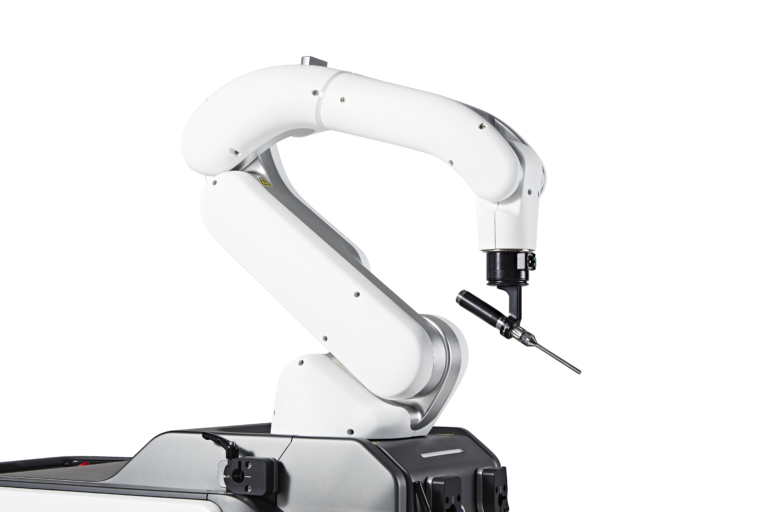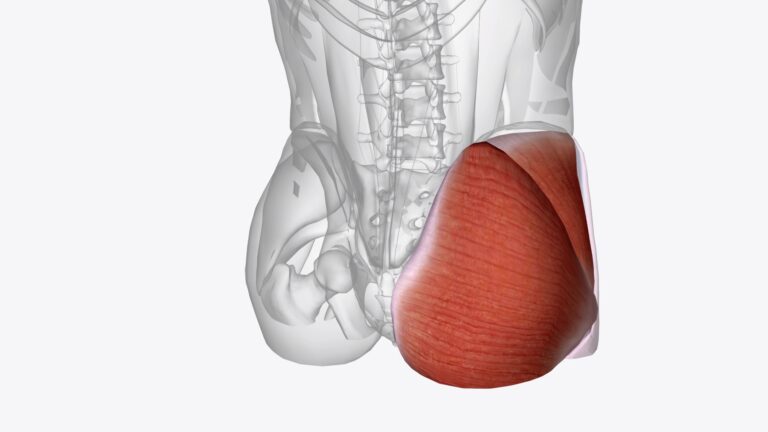Hip replacement surgery involves a procedure where the surgeon removes the damaged or affected parts of the hip joint and replaces them with a prosthetic implant. It is often recommended as a last resort by hip surgeons after other treatments, such as medications and therapies, have failed to yield positive results.
Over the past several decades, hip replacement surgery has helped countless patients overcome hip-related problems, significantly improving their quality of life. Despite the high success rate of hip replacement surgeries, several misunderstood facts are widely circulated. These misconceptions prevent patients from considering surgery as a viable option to eliminate their hip pain and disability.
This blog aims to provide you with the 5 most misunderstood facts about hip replacement surgery and explain why you should consider it without any doubts.
- What’s the Right Age for Surgery?
There is no definitive right or wrong age for hip replacement surgery. Individuals of any age can undergo hip replacement after an assessment of their hip joint condition. In younger patients, hip joint damage can be caused by diseases such as avascular necrosis of the femoral head, ankylosing spondylitis, and rheumatoid arthritis (RA). Additionally, conditions like acetabular fracture, which is the fracture of the hip joint socket, are leading causes that may necessitate hip replacement. If your hip joint is completely destroyed due to any of these conditions, hip replacement surgery, regardless of your age, is the best treatment for you.
In elderly individuals, common reasons for hip replacement surgery include hip arthritis and femoral neck fractures. Even in old age, hip replacement surgery can be successfully performed following a thorough medical check-up of the patient.
- All Hip Replacement Surgeries are the Same!!
Just as no two humans are the same, no two hip replacement surgeries can be identical. The individual patient’s bony anatomy is carefully studied, and FDA-approved implants are used with great precision. Additionally, the most advanced surgical techniques are employed to perform hip replacement surgery.
Hip Replacement Surgery Has the Following Advantages:
- Smaller Incisions
- Minimal damage to muscles around the hip joint
- Precise placement of implants
- Equal leg length after surgery
- Minimal blood loss
- Patient mobilization within 24 hours of surgery
Patients are encouraged to put full weight on their operated leg(s) on the same day of hip replacement surgery. For older individuals, a gradual increase in weight on the operated leg is suggested. Regarding the type of implant, metal on highly cross-linked polyethylene is used for individuals above the age of 70 years, while ceramic and highly cross-linked polyethylene is used for younger patients.
- Life of Hip Replacement Implant is Only 10-15 Years!!
This is perhaps one of the most misunderstood facts about hip replacement surgery. It is a common misconception that the lifespan of a hip replacement implant is only 10 to 15 years, and this misinformation is widely circulated on the internet. However, the reality in 2022 is different. The first hip replacement surgery was performed in 1960. Since then, technology has transformed healthcare, significantly impacting hip replacement procedures. Today, high-quality modern implants are placed with great precision. According to experts, 80% of people now have hip implants that last 25 years or more. With the latest advancements in technology, the lifespan of hip replacements is expected to increase to 35 to 40 years in the future.
- A Lot of Complications Happen in Hip Replacement Surgery!!
There aren’t a lot of complications involved with hip replacement surgery. The risk of complications is similar to any other planned orthopedic surgery, such as knee replacement surgery. That being said, there are certain preventive steps you can take to minimize the chances of complications. These include maintaining weight if you are unable to lose it, quitting smoking and excessive alcohol consumption, and doing exercise sessions with the help of physical therapists. Complications can be minimized by using tissue-sparing advanced surgical techniques, modern implants, and placing them in the best position for your body.
- Pain in the Hip Joints is Inevitable in Old Age!!
Many people with hip joint pain believe that pain is an inevitable part of aging and thus opt out of hip replacement surgeries. Living with pain can be stressful and can drastically reduce the quality of life, leading to social isolation and diseases like depression. Therefore, choosing ways to eliminate pain is a wise decision, and this can be achieved by opting for hip replacement surgery. The most advanced hip replacement techniques are being used for long-term positive outcomes. For more information Refer.
Disclaimer: The information provided in this blog post is for general informational purposes only and should not be considered professional advice. Before making any health-related decisions, consult with a qualified healthcare professional. The content is not a substitute for medical advice, and individual results may vary. The author and website are not responsible for any consequences arising from the use of the information provided. Use your best judgment and seek professional advice when needed.



